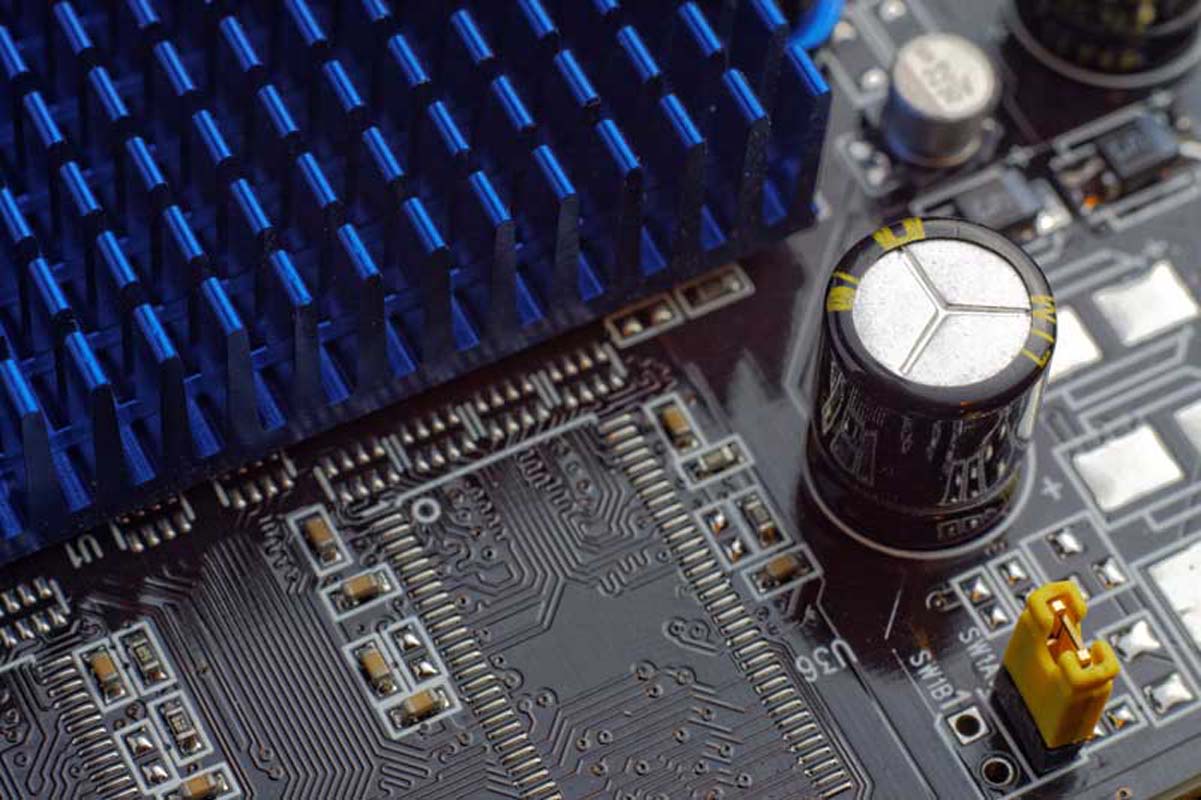Advanced Prosthetic Technology Enables Amputee to Feel His Wife's Hand
(MENAFN) Brandon Prestwood, an amputee who lost his left hand in an industrial accident in 2012, has gained the ability to feel his wife's hand using advanced prosthetic technology. After four years of using a hook, Prestwood volunteered for an experimental research project funded by the Defense Department and Veterans Affairs. The research, led by biomedical engineer Dustin Tyler at Case Western Reserve University and the Cleveland V.A., involved implanting electrodes in muscles in Prestwood's arm to pick up his brain's electrical signals for movement. A computer then translated those signals to an advanced prosthetic hand, which was equipped with sensors in the plastic fingers that were connected back through the computer to nerves in his arm to simulate a basic sense of touch.
Prestwood described the sensation as a tingling feeling, similar to the feeling of a waking hand after being asleep for a while. The technology, although not an exact replication of his right hand, has allowed Prestwood to experience a pleasant sensory feedback, which he can demonstrate with his eyes closed.
The Defense Department began a $100 million project 17 years ago to revolutionize prosthetic limbs. The project aimed to target electrical stimulation to precisely the right neurons in the brain to simulate a sense of touch, which University of Chicago's Sliman Bensmaia, one of the world's leading experts on the neuroscience of touch, thought was too complex. However, Bensmaia was proven wrong by his own research with volunteers, including Scott Imbrie.
The technology has the potential to revolutionize prosthetic limbs for amputees and those with physical disabilities. The sense of touch is a critical component of human interaction, and the ability to feel one's surroundings can greatly improve mobility and independence. The success of the research project has opened up new possibilities for the development of advanced prosthetics that can simulate a sense of touch and provide a more comprehensive solution for amputees and those with physical disabilities.
Prestwood described the sensation as a tingling feeling, similar to the feeling of a waking hand after being asleep for a while. The technology, although not an exact replication of his right hand, has allowed Prestwood to experience a pleasant sensory feedback, which he can demonstrate with his eyes closed.
The Defense Department began a $100 million project 17 years ago to revolutionize prosthetic limbs. The project aimed to target electrical stimulation to precisely the right neurons in the brain to simulate a sense of touch, which University of Chicago's Sliman Bensmaia, one of the world's leading experts on the neuroscience of touch, thought was too complex. However, Bensmaia was proven wrong by his own research with volunteers, including Scott Imbrie.
The technology has the potential to revolutionize prosthetic limbs for amputees and those with physical disabilities. The sense of touch is a critical component of human interaction, and the ability to feel one's surroundings can greatly improve mobility and independence. The success of the research project has opened up new possibilities for the development of advanced prosthetics that can simulate a sense of touch and provide a more comprehensive solution for amputees and those with physical disabilities.

Legal Disclaimer:
MENAFN provides the
information “as is” without warranty of any kind. We do not accept
any responsibility or liability for the accuracy, content, images,
videos, licenses, completeness, legality, or reliability of the information
contained in this article. If you have any complaints or copyright
issues related to this article, kindly contact the provider above.
Most popular stories
Market Research

- Kucoin Partners With Golf Icon Adam Scott As Global Brand Ambassador
- Mediafuse Joins Google For Startups Cloud Program To Scale AI-Driven, Industry-Focused PR Distribution
- Solotto Launches As Solana's First-Ever Community-Powered On-Chain Lottery
- 1Inch Unlocks Access To Tokenized Rwas Via Swap API
- Leverage Shares Launches First 3X Single-Stock Etps On HOOD, HIMS, UNH And Others
- Forex Expo Dubai 2025 Returns October 67 With Exclusive Prize Draw Including Jetour X70 FL






















Comments
No comment